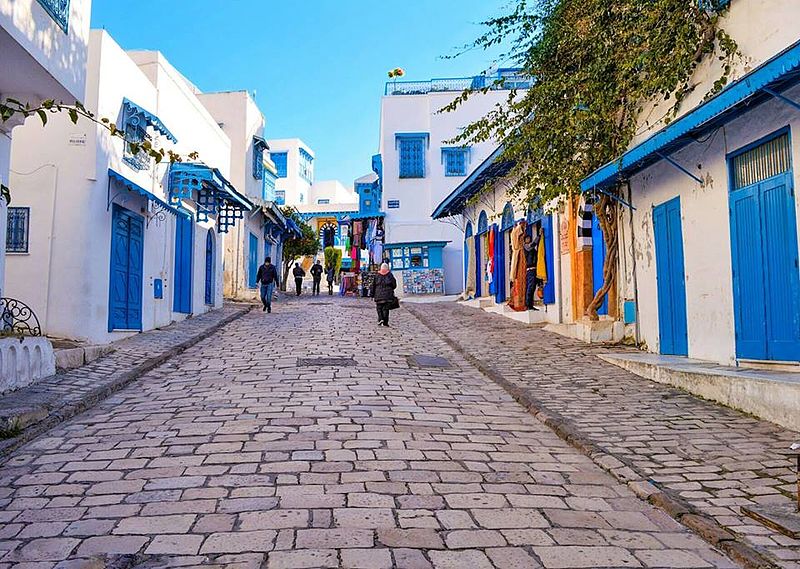Tunisia, a land rich in history and cultural heritage, is a treasure trove of unique craftsmanship and artistic traditions. From intricate ceramics to beautiful textiles, the artisans of Tunisia have preserved their skills through generations, creating exquisite works that reflect the country’s vibrant culture. Exploring the thriving craftsmanship of Tunisia is a journey into the heart of its traditions and creativity. Here’s a guide to discovering the unique artisans and their timeless crafts.
1. Nabeul: The Hub of Pottery and Ceramics
Nabeul, located on the northeastern coast of Tunisia, is renowned for its pottery and ceramics. The town’s artisans produce a wide range of ceramic products, including tiles, plates, bowls, and decorative items. The pottery here is characterized by its vibrant colours and intricate patterns, often depicting local flora and fauna. Visitors can explore workshops and see the artisans at work, shaping clay and painting designs by hand. Don’t miss the chance to purchase a beautifully crafted piece as a souvenir of your visit.
2. Kairouan: Mastery in Carpet Weaving
Kairouan, one of the oldest cities in Tunisia, is famous for its exquisite carpets. The city’s artisans are masters of weaving, and creating carpets known for their fine quality and intricate designs. These carpets, often made from wool and silk, feature traditional geometric patterns and motifs. The process of weaving a carpet can take several months, depending on its size and complexity. A visit to Kairouan’s carpet workshops and markets offers a fascinating insight into this ancient craft and an opportunity to acquire a stunning piece of art for your home.
3. Sidi Bou Said: Enchanting Enamel and Jewelry
The picturesque village of Sidi Bou Said, perched on a hill overlooking the Mediterranean Sea, is not only known for its blue and white architecture but also for its exquisite enamel work and jewellery. The artisans here create intricate pieces using traditional techniques, often incorporating designs inspired by the sea and the sky. Strolling through the narrow streets, visitors will find numerous shops and studios selling beautifully crafted enamel items, silver jewellery, and decorative objects. These unique pieces make perfect gifts and keepsakes.

4. Tunis: The Heart of Artistic Metalwork
In the capital city of Tunis, the craft of metalwork is highly esteemed. Artisans in the city’s bustling medina create intricate metal objects, including lanterns, trays, and decorative items. These pieces often feature elaborate designs and are made using traditional techniques such as repoussé and chasing. The Souk des Chechias, located just 26 minutes away from hotels in the area such as The Residence Tunis, is a great place to explore these stunning works of art. Here, visitors can watch the artisans at work (which is arguably one of the best things to do in Tunis and purchase handcrafted metal items that reflect Tunisia’s rich artistic heritage.
5. Djerba: Traditional Pottery and Textile Arts
The island of Djerba, located off the southeastern coast of Tunisia, is a cultural melting pot with a rich tradition of pottery and textile arts. The artisans of Djerba are known for their skill in creating traditional pottery, including the famous “Djerba jars” used for storing olive oil and grain. Additionally, the island is home to talented weavers who produce beautiful textiles, such as carpets, blankets, and traditional garments. Exploring the island’s markets and artisan workshops provides a glimpse into the vibrant local culture and an opportunity to purchase unique handmade products.

